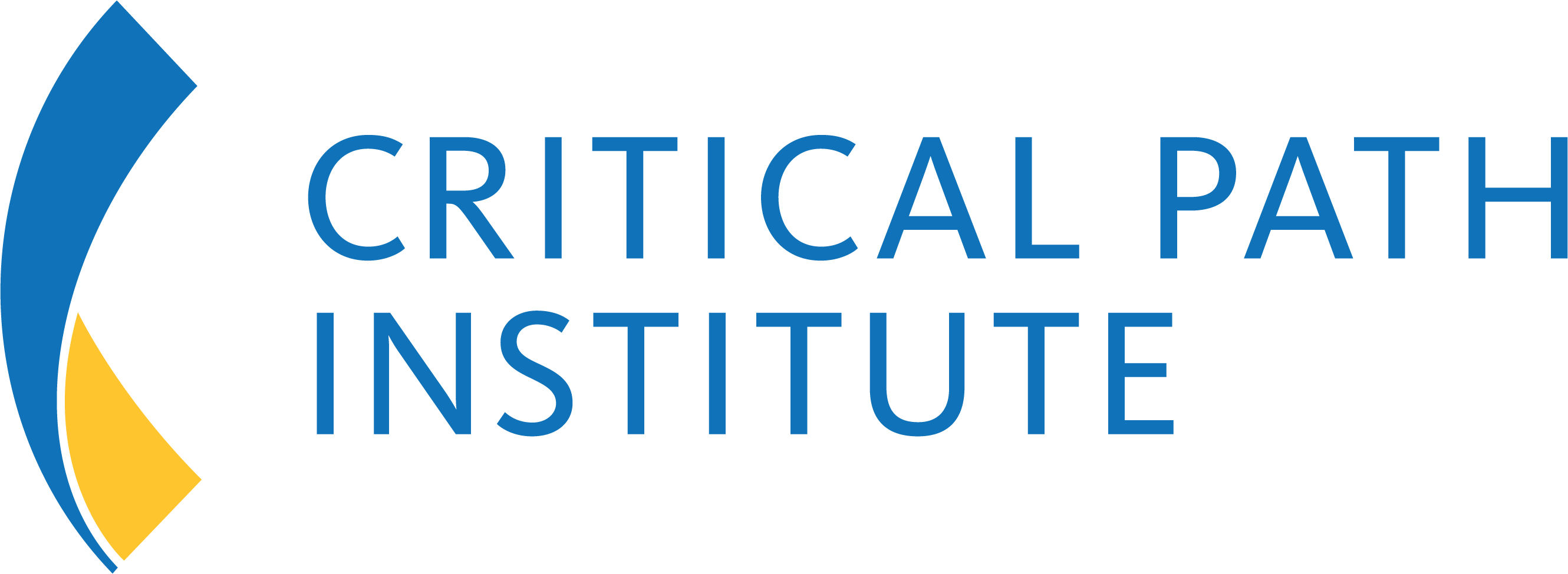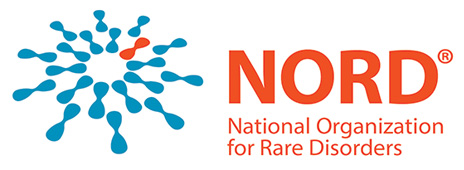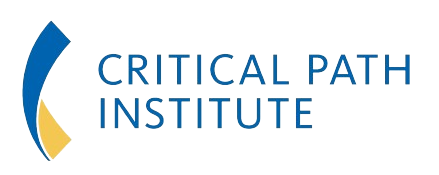
C-Path, NORD, FDA and more come together to showcase the importance of data sharing in rare disease drug development
TUCSON, Ariz. and WASHINGTON, D.C. October 21, 2020 — The Critical Path Institute (C-Path) and the National Organization for Rare Disorders (NORD®) hosted the Rare Disease Cures Accelerator-Data and Analytics Platform (RDCA-DAP) 2020 Virtual Workshop on Monday, October 19. The platform, funded by a cooperative agreement through the U.S. Food and Drug Administration (FDA), serves as a centralized and standardized infrastructure to support data sharing and data analysis to aid in the understanding of rare diseases.
Theresa Mullin, Ph.D., Associate Director for Strategic Initiatives, FDA, Center for Drug Evaluation and Research (CDER) opened the workshop and explained how RDCA-DAP is part of the FDA’s aggressive plan to advance drug development for rare diseases. “The concept of RDCA-DAP has been discussed by C-Path and NORD with hundreds of stakeholders through public meetings, webinars, focus groups and one on one interviews to understand what the community would like to see in an analytics platform,” Mullin said. “These learnings are being used now to make the platform as useful as possible to as many people as possible.”
The virtual workshop, attended by more than 400 individuals from patient groups, academia, industry and regulatory agencies informed the rare disease community of the initiative’s first-year progress. Topics included pilot analyses and the development of tools facilitated by RDCA-DAP to advance characterization and accelerate drug development in rare diseases. Additional updates were provided on the platform’s data sharing infrastructure and recent enhancements, including the ability to search, sort and analyze data.
C-Path RDCA-DAP Executive Director Jane Larkindale, D.Phil., detailed milestones the effort achieved in its first year and outlined plans for the future. In year one, the RDCA-DAP team worked with the community to develop a data governance structure that answers the needs of both data contributors and data users, accessed initial datasets and built actionable prototypes to demonstrate the utility of the platform.
“Our priority is not to compete, but to collaborate with other groups doing the same or similar work in rare disease drug development,” said Larkindale. “Stakeholders are open to collaboration and data sharing and we have been meeting with different groups about what is already being done and how we can interoperate with other existing projects.”
Several case studies were presented during the workshop to demonstrate the power of the platform including a demonstration of the value of the integration of data and analysis of combined datasets. In one case, Pravin Jadhav, Ph.D., global team leader at Otsuka America Pharmaceutical, Inc. shared how patient-level data aided in the acceptance of a biomarker for an accelerated approval of a new therapy for polycystic kidney disease.
C-Path’s Chief Science Officer Klaus Romero, M.D., M.S., F.C.P. shared examples of prototypes built from RDCA-DAP patient-level data that demonstrated the ability to integrate data from multiple disease areas to generate advanced models of disease progression and to optimize the characterization of rare diseases, as a means to accelerate drug development for these conditions.
Similarly, NORD’s Director of Research Vanessa Boulanger, M.Sc. used the example of the NPKUA phenylketonuria patient registry from NORD’s IAMRARE™ platform to show how patient registry data can inform drug development programs.
“The PKU case study is one example of the insights that patient registry and natural history study data can bring to RDCA-DAP,” said Boulanger. “Patient-driven data gives us an opportunity to arrive at a more comprehensive understanding of rare diseases, to learn what matters to patients, and then to apply that knowledge to the design of studies that may result in treatments that are truly meaningful to the community.”
RDCA-DAP is positioned to generate solutions to drug development bottlenecks by maximizing the utility of patient-level data and making that data available to a larger community. C-Path President and CEO Joseph Scheeren, Pharm.D. and NORD President and CEO Peter L. Saltonstall both thanked the community for coming together around the concept of RDCA-DAP, acknowledging that data contribution is key to its success. FDA/CDER Office of Neuroscience Acting Director Billy Dunn, M.D. closed the workshop congratulating the teams on the work accomplished since RDCA-DAP’s launch in September 2019 and discussing the three main areas of the FDA’s rare disease drug development efforts, including RDCA-DAP, standard core clinical outcome assessments and clinical trials network.
“The reason RDCA-DAP is so critical, is that it focuses on the characterization of the disease and if we don’t have a good characterization of the disease, we really can’t do our job,” Dunn said. “Natural history, the variability of symptoms and experiences and the opportunities for clinical trial design are all addressed by a more robust characterization of disease.”
Groups interested in contributing data to the effort, collaborating on the development of the platform or using the database may visit c-path.org/rdca-dap or email rdcadap@c-path.org for more information. The platform is open to accept data immediately, but the user interface and analytics will be available in early 2021, with additional analytics tools being developed concurrently.
A full recording of the workshop can be accessed here.
*Funding for this program was made possible, in part, by the Food and Drug Administration through grant (U18 FD 005320). Views expressed in written materials or publications and by speakers and moderators do not necessarily reflect the official policies of the Department of Health and Human Services; nor does any mention of trade names, commercial practices, or organization imply endorsement by the United States Government.

About Critical Path Institute
Critical Path Institute (C-Path) is an independent, nonprofit organization established in 2005 as a public and private partnership. C-Path’s mission is to catalyze the development of new approaches that advance medical innovation and regulatory science, accelerating the path to a healthier world. An international leader in forming collaborations, C-Path has established numerous global consortia that currently include more than 1,600 scientists from government and regulatory agencies, academia, patient organizations, disease foundations, and dozens of pharmaceutical and biotech companies. C-Path US is headquartered in Tucson, Arizona and C-Path, Ltd. EU is headquartered in Dublin, Ireland, with additional staff in multiple other locations. For more information, visit c-path.org and c-path.eu.

About the National Organization for Rare Disorders (NORD)®
The National Organization for Rare Disorders (NORD®) is the leading independent advocacy organization representing all patients and families affected by rare diseases. NORD began as a small group of patient advocates that formed a coalition to unify and mobilize support to pass the Orphan Drug Act of 1983. Since then, NORD has led the way in voicing the needs of the rare disease community, driving supportive policies and education, advancing medical research and providing patient and family services for those who need them most. NORD is made strong together with over 325 disease-specific member organizations and their communities and collaborates with many other organizations on specific causes of importance to the rare disease patient community. Visit rarediseases.org.
Media Contacts:
Kissy Black
C-Path
615.310.1894
kissyblack@lotosnile.com
Laura Mullen
NORD
203.304.7258
lmullen@rarediseases.org



